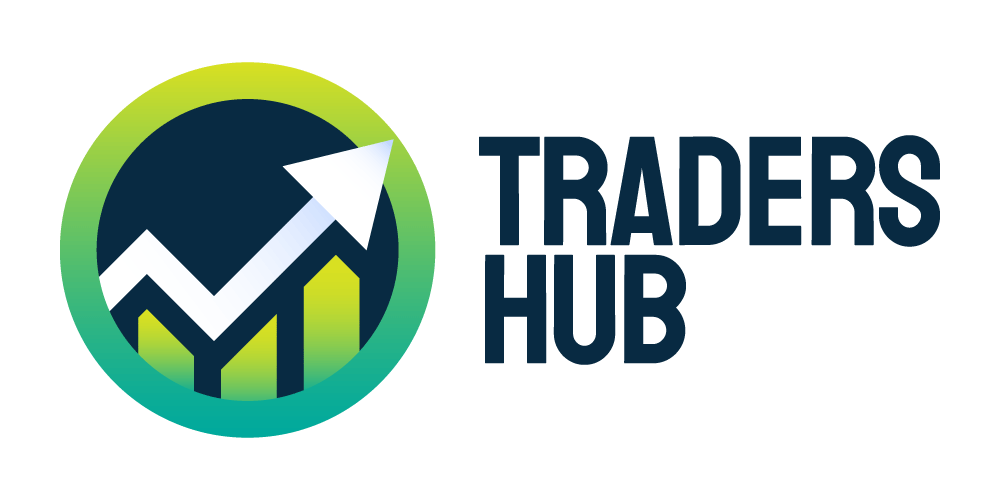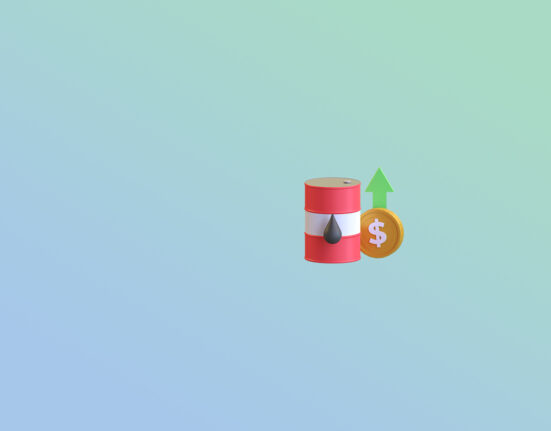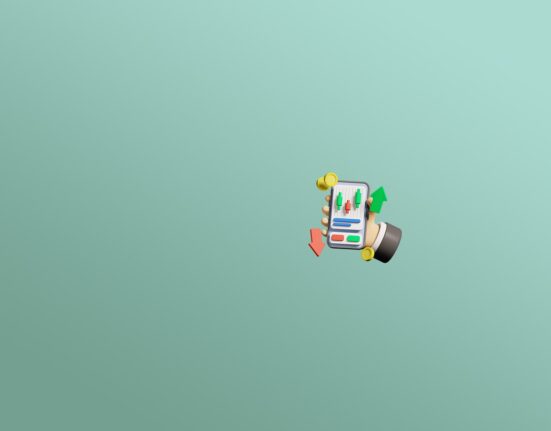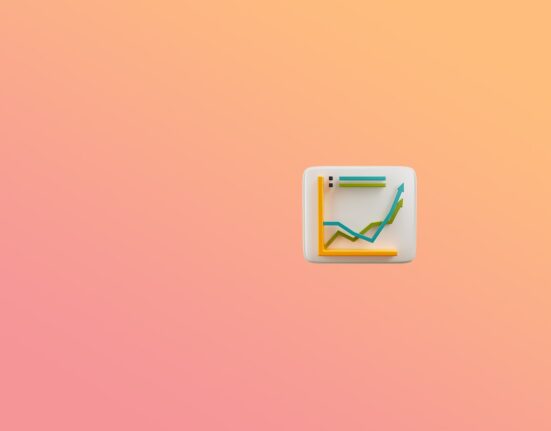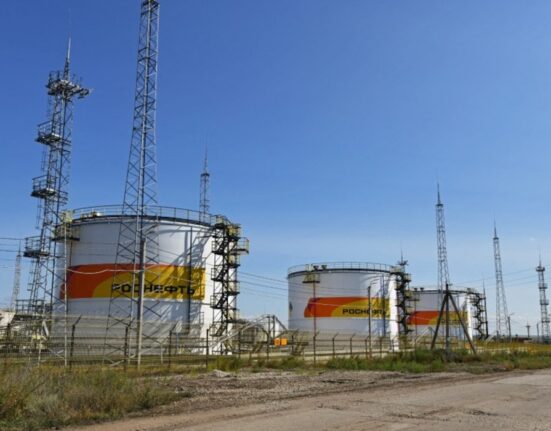CFDs, or contracts for difference, are a type of derivative that allows you to speculate on the future price of an underlying asset without actually owning it. CFDs can be used to trade a variety of assets, including commodities.
To trade commodities with CFDs, you will need to open an account with a CFD broker. Once you have opened an account, you will need to deposit funds into your account. You can then start trading CFDs by selecting the commodity you want to trade and entering your desired trade size.
When you trade CFDs, you are essentially betting on whether the price of the underlying asset will go up or down. If you think the price will go up, you will buy a CFD. If you think the price will go down, you will sell a CFD.
If the price of the underlying asset goes in the direction you predicted, you will make a profit. If the price goes in the opposite direction, you will lose money.
CFDs are a leveraged product, which means that you can control a larger position with a smaller amount of money. This can increase your profits, but it can also increase your losses.
It is important to remember that CFD trading is a risky activity. You should only trade CFDs with money that you can afford to lose.
Here are the steps on how to trade commodities with CFDs:
- Open an account with a CFD broker.
- Deposit funds into your account.
- Select the commodity you want to trade.
- Enter your desired trade size.
- Click “Buy” or “Sell” to place your trade.
- Monitor your trade and close it when you are ready to take profit or cut your losses.
Tips for trading commodities with CFDs
Do your research. Before you start trading, it is important to do your research and understand the factors that can affect the price of the commodity you want to trade.
Use a stop-loss order. A stop-loss order is an order that will automatically close your trade if the price of the commodity reaches a certain level. This can help you to limit your losses.
Use a take-profit order. A take-profit order is an order that will automatically close your trade if the price of the commodity reaches a certain level. This can help you to lock in your profits.
Only trade with money that you can afford to lose. CFD trading is a risky activity. You should only trade CFDs with money that you can afford to lose.
Is It Worth to Trade Commodities with CFDs?
Whether or not it is worth trading commodities using CFDs depends on your individual circumstances and risk tolerance. CFDs offer a number of advantages over traditional trading methods, such as the ability to trade on margin and the ability to profit from both rising and falling markets. However, CFDs also come with a number of risks, such as the potential for large losses and the need to manage leverage carefully.
If you are considering trading commodities using CFDs, it is important to do your research and understand the risks involved. You should also only trade with money that you can afford to lose.
Here are some of the advantages of trading commodities using CFDs:
- Leverage – CFDs allow you to trade on margin, which means that you can control a larger position with a smaller amount of money. This can increase your profits, but it can also increase your losses.
- Profit from both rising and falling markets – CFDs allow you to profit from both rising and falling markets. This is because you can buy a CFD if you think the price of the underlying asset will go up, or you can sell a CFD if you think the price will go down.
- Liquidity – CFDs are traded on exchanges, which means that there is always a market for them. This makes it easy to enter and exit trades quickly and easily.
